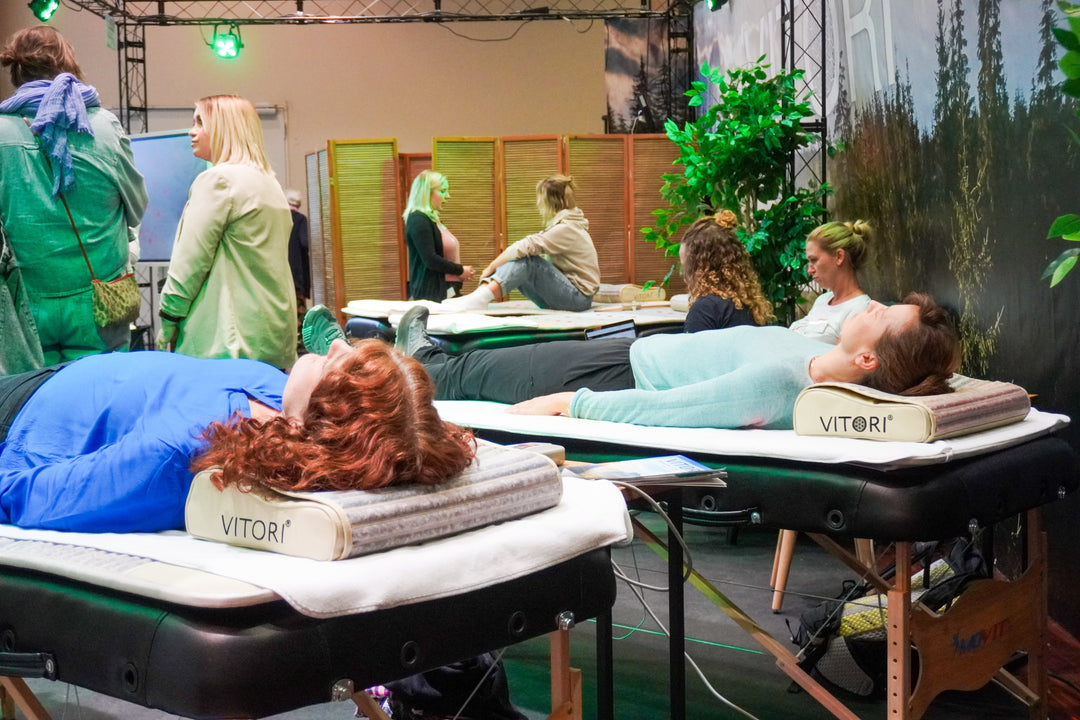How consciously do you live?
How consciously do you live?
Sometimes we lack the knowledge of the harmfulness of our consumption, and sometimes the discipline to truly stick to this "no." So, in this article, let's take a collective look at our consumption choices and raise awareness that will benefit not only your wallet, but also you and ultimately our planet.
The ecological footprint
One concept that helps us understand the profound impact our consumption has on the environment is the ecological footprint. It shows how many natural resources we consume and how much waste we produce. It also allows us to calculate Earth Overshoot Day. It indicates at what point in the year we have already consumed so many resources that our consumption falls on the shoulders of future generations.

In Germany, for example, Earth Overshoot Day for 2024 has been calculated for May 2nd. If everyone on Earth consumed as much as we do in Germany, we would need approximately two Earths to cover our consumption with the resources available to us. I know that sounds frighteningly high and perhaps even a little unbelievable, but if we consider how resource-intensive our lives are in various areas, the whole thing becomes a little clearer.
Take the purchase of a new smartphone, for example. This product requires energy not only in its use, but also in its production and transportation. From the rare metals inside to the plastic of the casing—all these materials must be mined, processed, and transported, which in turn consumes water and energy and causes CO2 emissions. It's similar with clothing: The production of a single cotton T-shirt can consume up to 2,700 liters of water, not to mention the chemical fertilizers and pesticides used in agriculture to grow the cotton required for it.
Small decisions, big impact
But how can we keep track of this overwhelming data and actually make a difference? It starts with the small decisions. By buying used products, for example, we help slow the cycle of resource use and reduce the pressure on natural resources. Buying a used phone means fewer new devices need to be produced, which in turn reduces demand for raw materials and creates less waste.
Avoiding unnecessary purchases and developing a greater awareness of your own purchasing decisions can also make a huge difference. This isn't about constantly going without or severely restricting yourself. Simply deciding against a new T-shirt whose color you might like but don't actually need is a huge step in the right direction.
It's best to start by really thinking consciously about your purchasing decisions. This not only helps the environment, but in many cases also saves your wallet. You'll often find that impulse purchases are very fleeting, and if you take the time to think about them calmly, you'll most likely decide against one or two impulse purchases.
If, after much deliberation, you're still convinced you want to buy the product, then you should go ahead. But then it might still be worth considering whether a used item might achieve exactly the same effect as a new one.
As mentioned at the beginning, this way you conserve the resources used in production, counteract overproduction, and prevent a fully functional product from becoming waste. Furthermore, used products are usually considerably cheaper and therefore a good choice from an economic perspective.
Our returns
Whether your purchase decision involves a VITORI® product or something else entirely, be sure to take the time to weigh the pros and cons of your personal purchase decision and also consider factors such as the impact on our planet.
To make your decision easier, at least with regard to VITORI®, we have highlighted the advantages of our returns or B-stock summarized for you.






